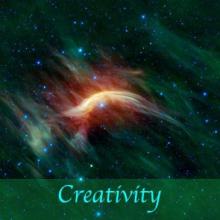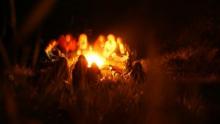“God” as Creativity
When a distinguished scientist and an eminent theologian agree on what is meant by God we should take notice. The scientist is complexity theorist Stuart Kauffman whose recent book is entitled Reinventing the Sacred. Like many he has left traditional religion behind, but he wants to retain a sense of the sacred nature of life, and he finds that sacred quality in creativity. Creativity, he suggests, is at the heart of things and in the very nature of the universe. In fact he identifies creativity with God, suggesting that what he means by God is simply creativity. He writes: “God is our chosen name for the ceaseless creativity in the natural universe, biosphere, and human cultures.” He comes to this conclusion because “This creativity is stunning, awesome and worthy of reverence.” Read more about “God” as Creativity »









